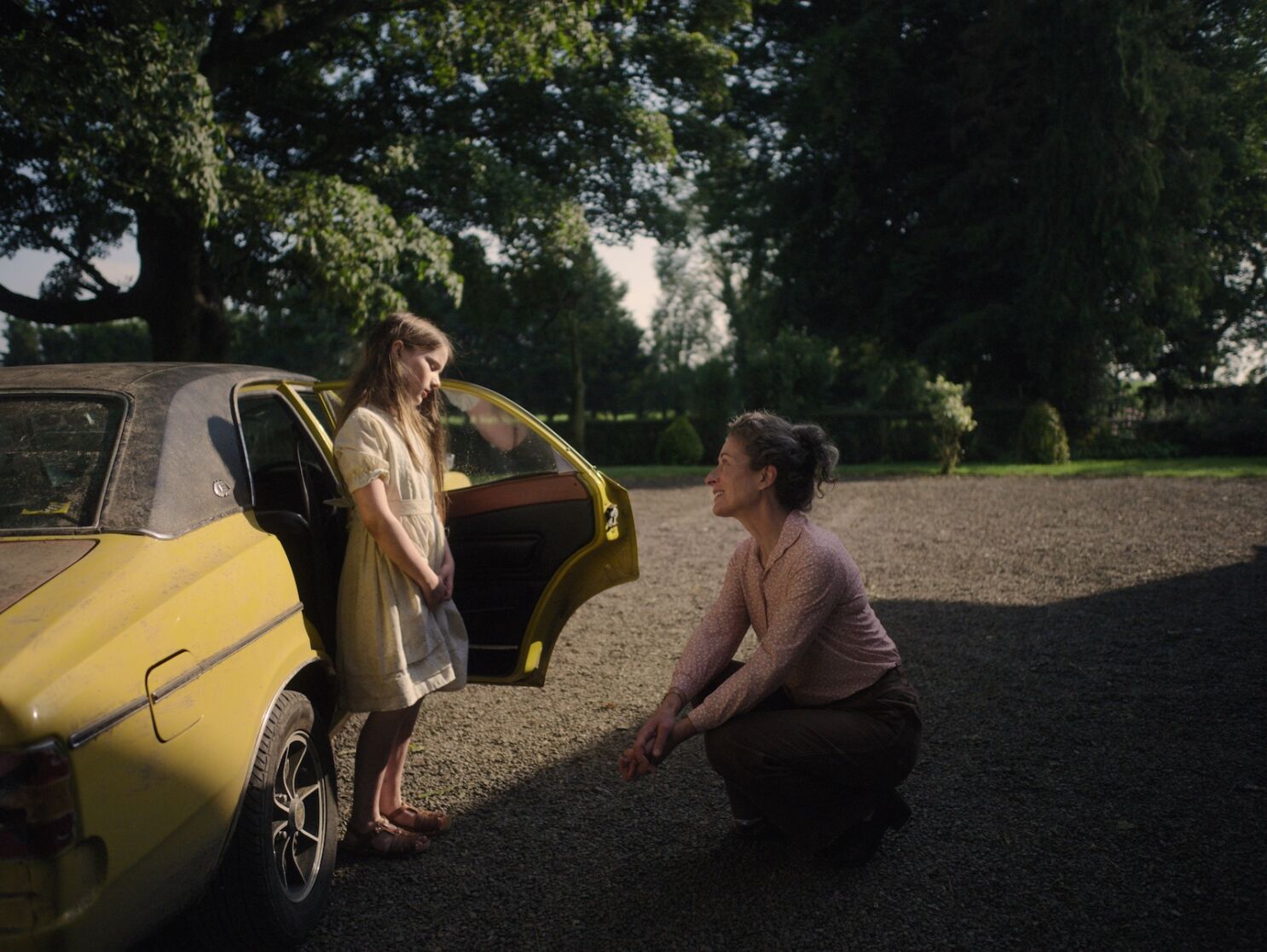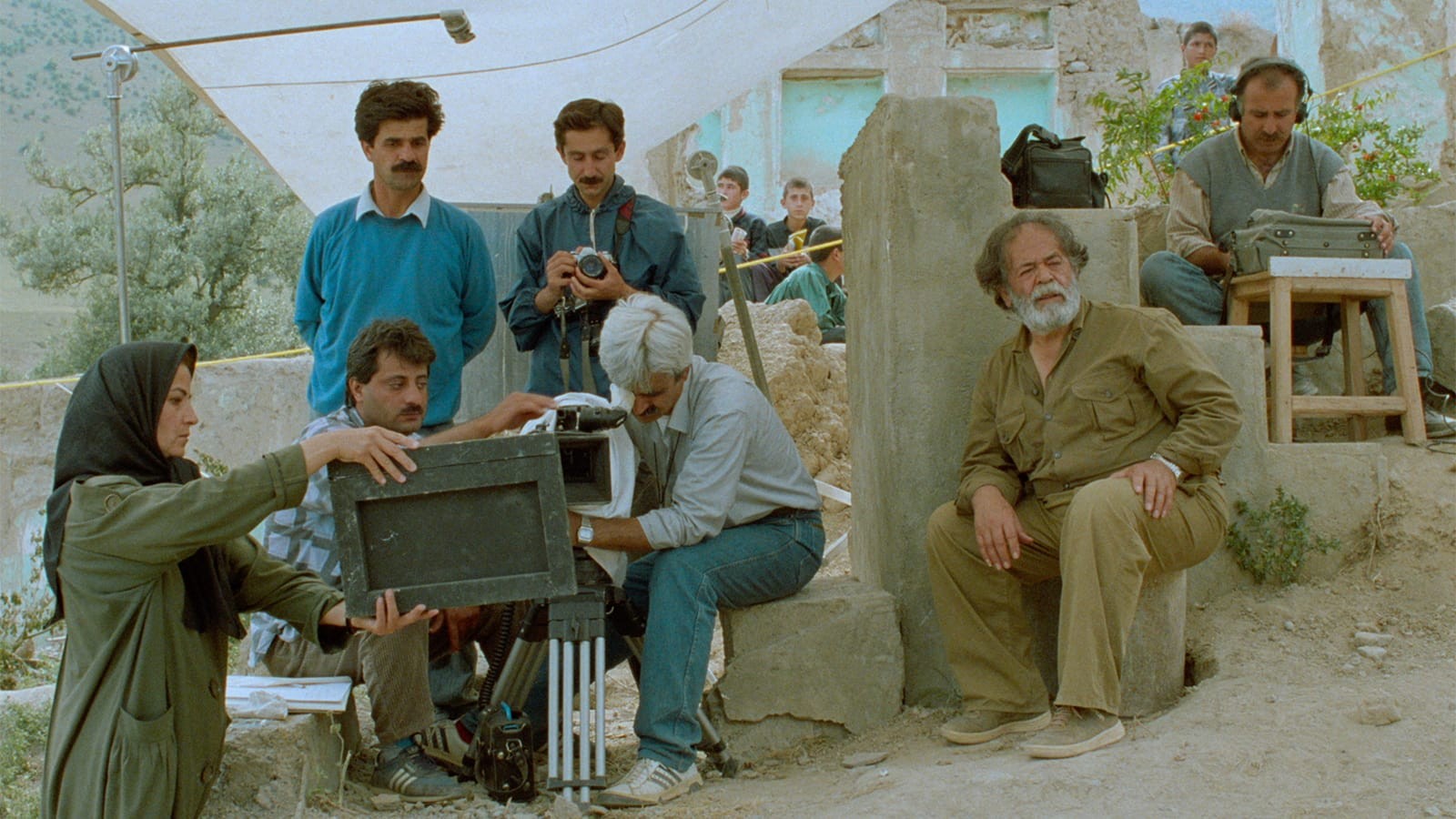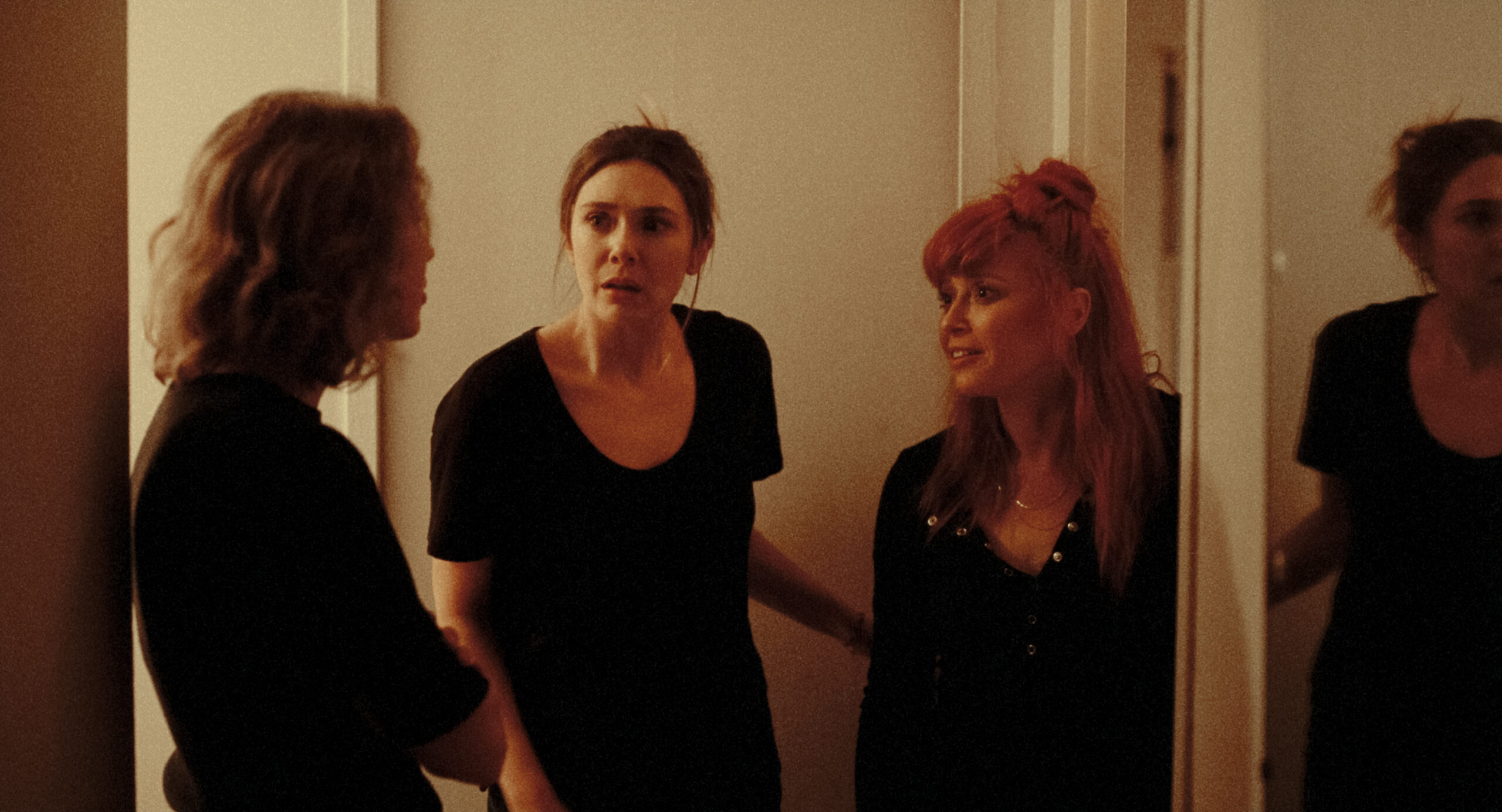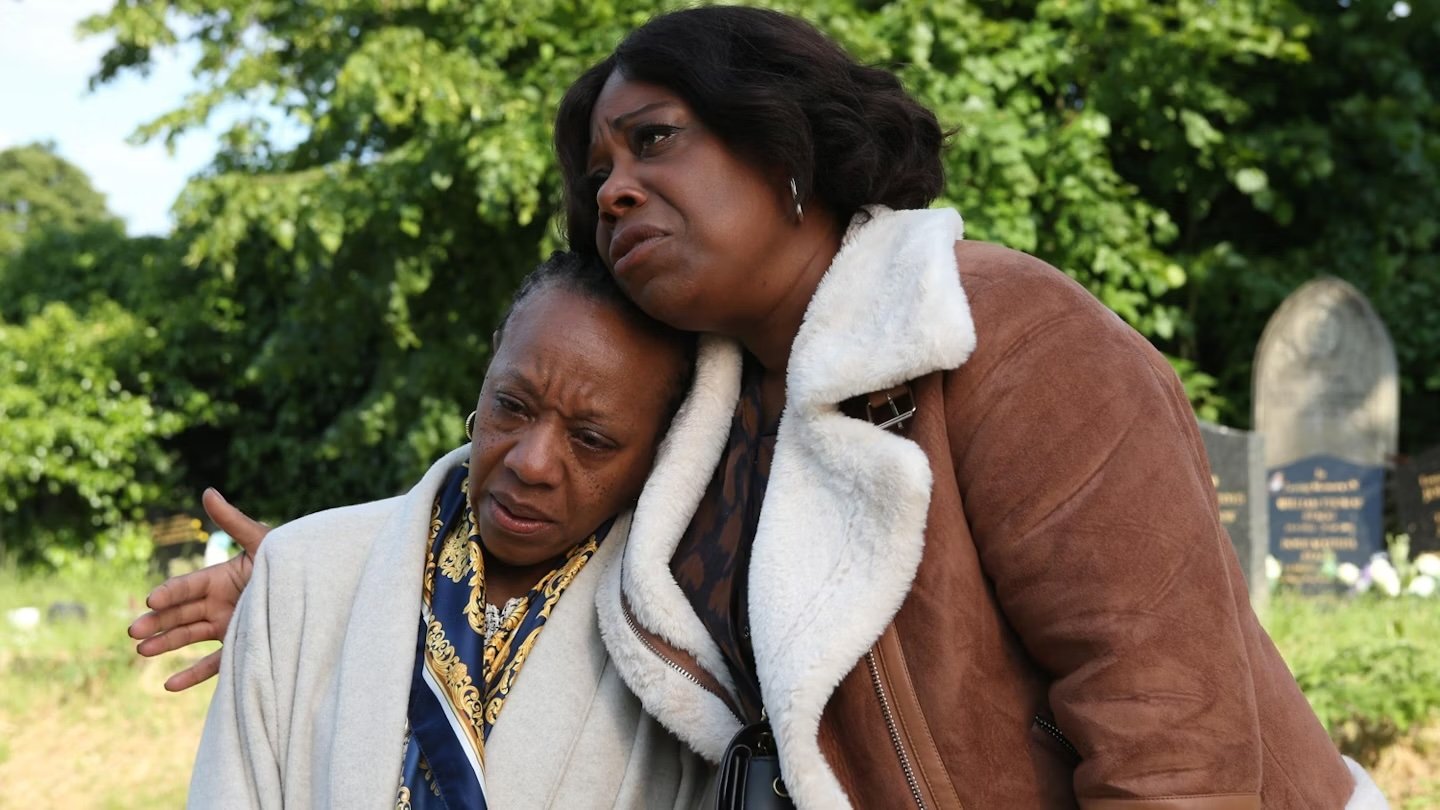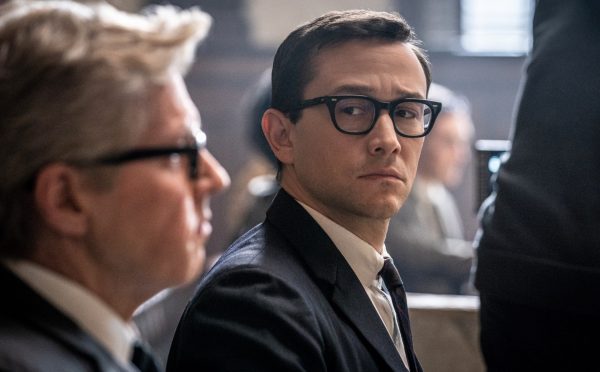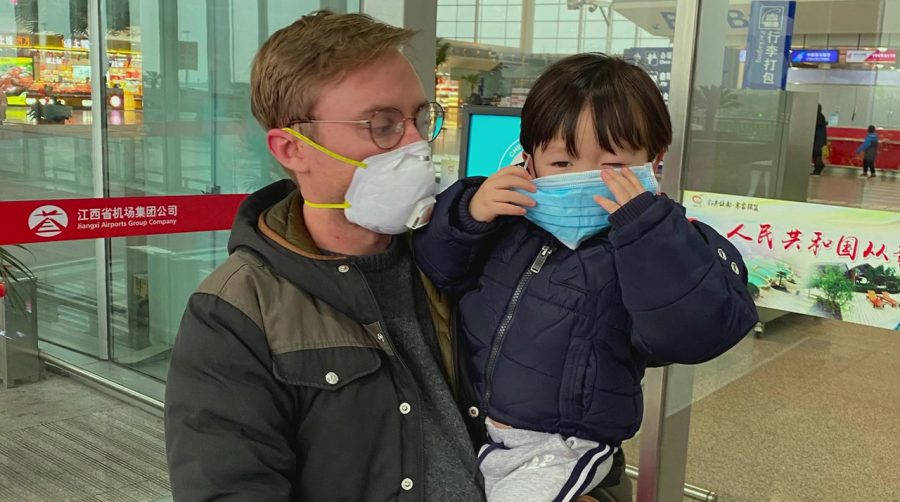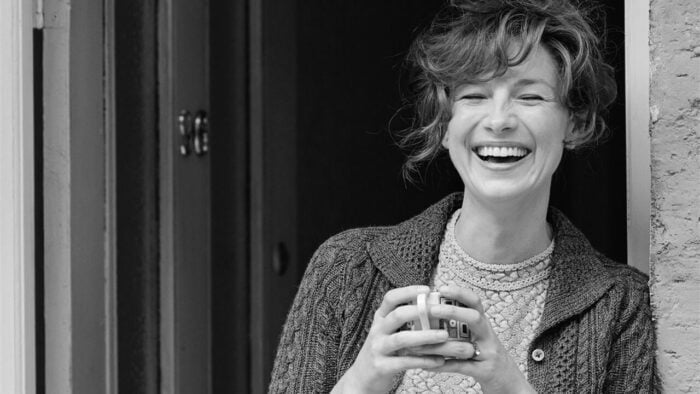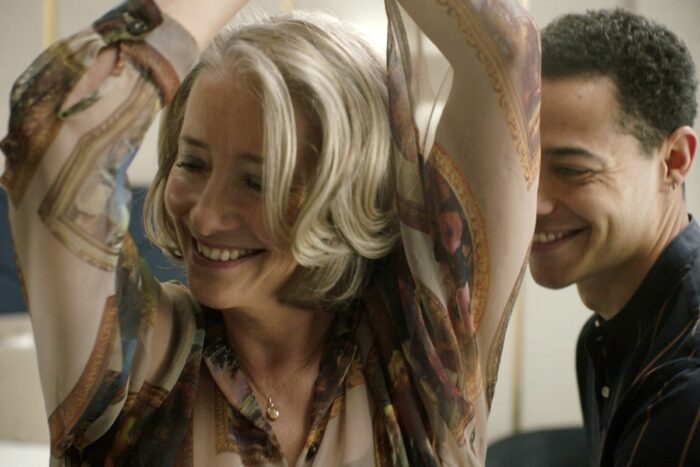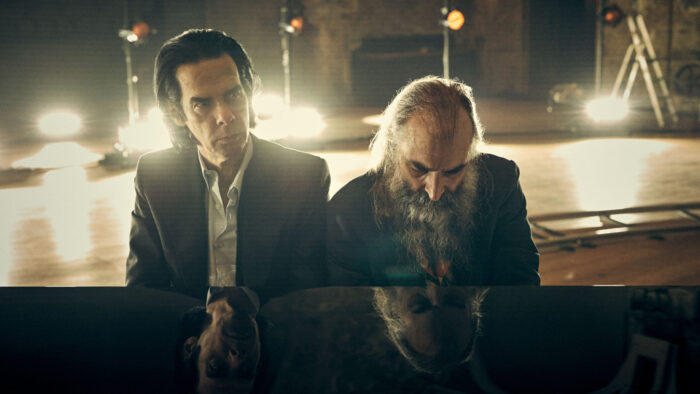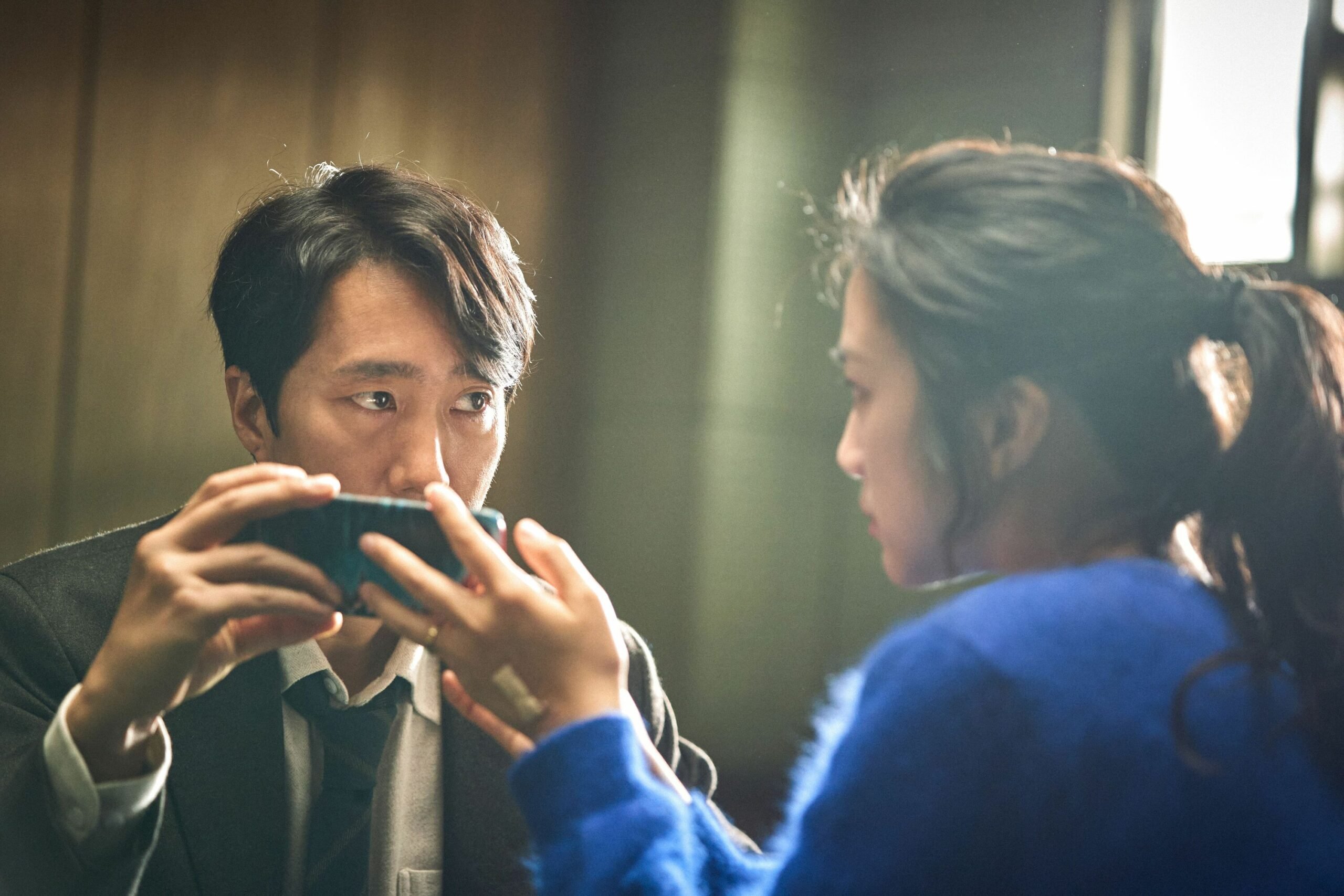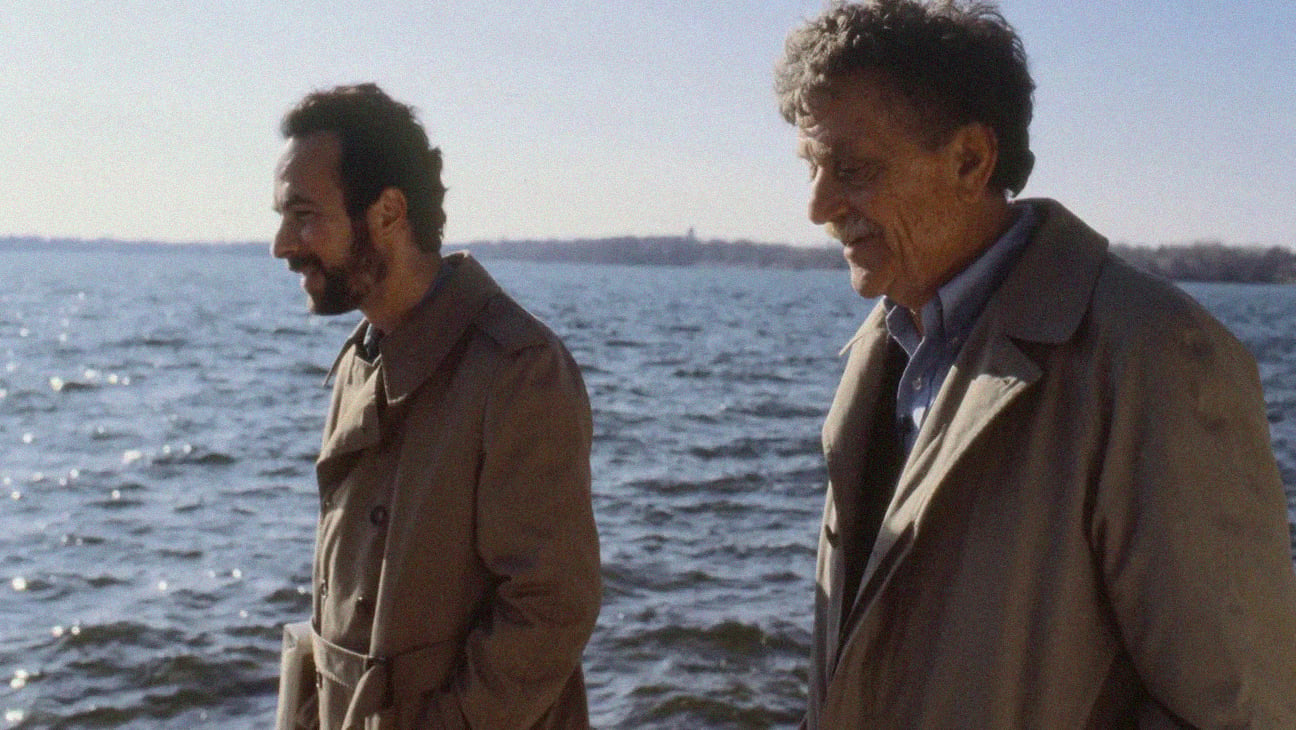
The Best Movies of the 2020s So Far
April 8, 2025
Share:
Saying that 2020 came with a bang just might be the understatement of the century. The year ushered in a global pandemic that upended all of what we knew in the modern world, forcing us to reconsider what we deemed as valuable and even good.
With more content than ever before, both filmmaker and filmgoer have seen a growth in discernment, and with that, a boost in standards. So far, this has meant more solid techniques, diverse perspectives, and empathetic takes. Below, we list the most notable titles that uphold these qualities—in other words, the very best movies of the 2020s.
Read also:
81. The Quiet Girl (2022)
Genres
Director
Actors
Moods
“Many’s the person missed the opportunity to say nothing and lost much because of it.”
The Quiet Girl takes the troubled, reserved nature of Cáit (Catherine Clinch) as she’s swallowed by the discord in her evergrowing family, who treats her as an outcast, and fills the film with her serene, observatory perspective. Long sequences with little to no dialogue and an expansive countryside give way to the emotional thrum of this found-family drama. The simplicity in every frame befits a child’s innocence, and every visual and sonic decision reinforces that wonderfully. Loving and nurturing a child is a straightforward concept, and The Quiet Girl never complicates it. Without saying much, it says it all.
82. Through the Olive Trees (1994)
Genres
Director
Actors
Moods
We’ve heard of films within a film, but it’s crazy how many layers Through the Olive Trees operates in. Writer-director Abbas Kiarostami completes his metanarrative journey in the Koker trilogy through a slice-of-life comedy about a couple in the periphery of the previous installment And Life Goes On. As the young man Hossein repeats his plea for marriage to Tahereh, casted as his wife, the insistence can be slightly grating, but in doing so, the everyday dealings of the Iranian village hint at what’s underneath– the earthquake from four years ago that still shapes their lives, the socioeconomic and culture barriers, and the mirrored struggle of creating the artistic vision of the film within the film.
83. His Three Daughters (2024)
Genres
Director
Actors
Moods
Not everybody holds a good relationship with their sisters, but ideally, we get to reunite and repair things in a good time. Unfortunately, for some families, the only time they reunite is due to a parent nearly dying. This is the case in His Three Daughters, where the three sisters meet after years living apart. It’s a common plotline, mostly depicted in the feel-good, family friendly variation, but writer-director Azazel Jacobs makes the three sisters distinct by taking the easy assumptions many people would make about them, and naturally push them to reveal the opposite. Carrie Coon, Natasha Lyonne, and Elizabeth Olsen form a great trio, delivering equally excellent performances under the same roof.
84. Hard Truths (2024)
Genres
Director
Actors
Moods
Hurt people hurt people, the saying goes, and nowhere is that more evident than in Hard Truths. Directed by Mike Leigh (Secrets & Lies, Vera Drake, Happy-Go-Lucky), Hard Truths follows two sisters who couldn’t be more different. One is Chantelle, a cheerful hairdresser who has raised equally ebullient daughters, and the other is Pansy, a hardened woman who lashes out at everyone from her family to the people queuing up in the grocery. Pansy is brutal, the sort of person you’d roll your eyes at if you were unlucky enough to encounter her in public. But Leigh gives us a glimpse into her internal struggle; nothing too obvious, as is the naturalistic director’s style, but we feel her pain whenever she goes out of her way to avoid the people closest to her, or when she savors a moment alone and hides her tears. There is no linear plot in Hard Truths; instead, it’s a collection of lived moments and ordinary joys and sorrows. It’s also a welcome reflection of our fractured reality. Loneliness, grief, anger, anxiety—these feelings are often inexplicable, and they come out of us in ways that are never immediately understandable or direct. So why should Pansy be? The film is an exercise in sympathy as well as a mirror to our own complicated and invisible hurt.
85. The Trial of the Chicago 7 (2020)
Genres
Director
Actors
From Aaron Sorkin, the creator of every liberal’s favorite 2000s political drama, The West Wing, The Social Network, and the master of the “walk and talk”, comes the dramatization of a sadly true American story from the mid-last century. In 1968, different groups from all over the country travelled to Chicago to protest the Vietnam War at the Democratic National Convention. The Chicago police greeted them in full riot gear, purposely attacking the peaceful protesters. Five months later, eight of them (charges against Black Panther leader Bobby Seale were dismissed) were arrested for inciting riot. As the title suggests, the film details the trials that followed, which highlight the still ongoing battles within American society and politics: racism, ineptness, corruption, complacency, you name it. On a lighter note, while you wouldn’t necessarily call this an ensemble cast, the number of unlikely familiar faces in this film is off the charts: Yahya Abdul-Mateen II, Sascha Baron Cohen, Joseph Gordon-Levitt, Eddie Redmayne. It also features some of the greatest supporting actors in American TV history like John Carrol Lynch, Frank Langella, and the amazing John Doman aka Bill Rawls from The Wire.
86. In the Same Breath (2021)
Genres
Director
Moods
The culture of propaganda and cover-ups that kicked off the pandemic is the subject of this compelling documentary by award-winning director Nanfu Wang (One Child Nation). Wang, who traveled with her family to China in January 2020, saw and filmed the pandemic firsthand, and wrote to major newspapers like The New York Times to convince them to write about it. They never did.
Media and government in both China and the U.S. played down the threat, and this documentary asks how different everything would have gone otherwise. More dauntingly, it’s an examination of how the Communist Party in China managed to use the event to its advantage.
87. Belfast (2021)
Genres
Director
Actors
Moods
Belfast stars Outlander’s Caitríona Balfe as the mother of a working-class Northern Irish family during The Troubles. Religious tension and the lack of opportunities put the family in a difficult position: they’re the first in many generations to think about leaving the city of Belfast. They all have to navigate so many difficult questions on belonging, religion, and identity.
The story, based on the director’s own childhood, is packaged in a noise-canceling black and white format. Also stars Judi Dench.
88. Good Luck to You, Leo Grande (2022)
Genres
Director
Actors
Moods
There are only two main characters in Good Luck to You, Leo Grande: Nancy, a retired teacher who was recently widowed, and Leo, an adept sex worker with a mysterious past. They’re almost always in one place and work on a single goal: pleasure. But despite the seeming monotony, the movie is crackling with wit and sensuality every step of the way. It doesn’t waste any time getting to the heart of the matter. Nancy and Leo go back and forth about their past, with Nancy divulging much about the stigma of aging and Leo about the stigma of sex work. They also dive into the shame attached to pleasure, ultimately revealing more than just their naked bodies to each other and to the audience.
89. This Much I Know to Be True (2022)
Genres
Director
Actors
Moods
Whether or not you’re a fan of Nick Cave’s contemplative, idiosyncratic style of music, This Much I Know to Be True still works on a purely experiential level. There’s confusion, then a rush of euphoria, then an overwhelming sense of peace when listening to Cave’s (and musical collaborator Warren Ellis’s) cryptic lyrics and delicate compositions—shot with breathtaking use of studio lights by director Andrew Dominik and cinematographer Robbie Ryan.
And things only get more emotional when you consider how far Cave has come, that these performances are happening several rough years from the untimely death of his son. And suddenly even all the unrelated B-roll footage included in the film—of Cave talking about his sculptures, talking to Ellis, answering profound fan emails—takes on a greater urgency. This sounds like music for mourning, but in its own way it’s music for celebration, too, and gratitude despite everything.
90. Decision to Leave (2022)
Genres
Director
Actors
Moods
A twitchy, uncomfortable noir film for the digital age, Decision to Leave blends the trappings of a restless police procedural with an obsessive forbidden romance. Here, director Park Chan-wook flips every interrogation and piece of evidence on its head, pulling us away from the whodunit and towards the inherently invasive nature of a criminal investigation. It’s a movie that remains achingly romantic even if everything about the central relationship is wrong. For detective Hae-jun and suspect Seo-rae (played masterfully by Park Hae-il and Tang Wei, respectively), the attraction between them is built entirely on distrust and suspicion—illustrating the danger of falling for the idea of someone rather than the person themself.
Comments
Add a comment
Ready to cut the cord?
Here are the 12 cheapest Live TV streaming services for cord-cutting.
More lists
Lists on how to save money by cutting the cord.
Curated by humans, not algorithms.
© 2025 A Good Movie to Watch. Altona Studio, LLC, all rights reserved.
